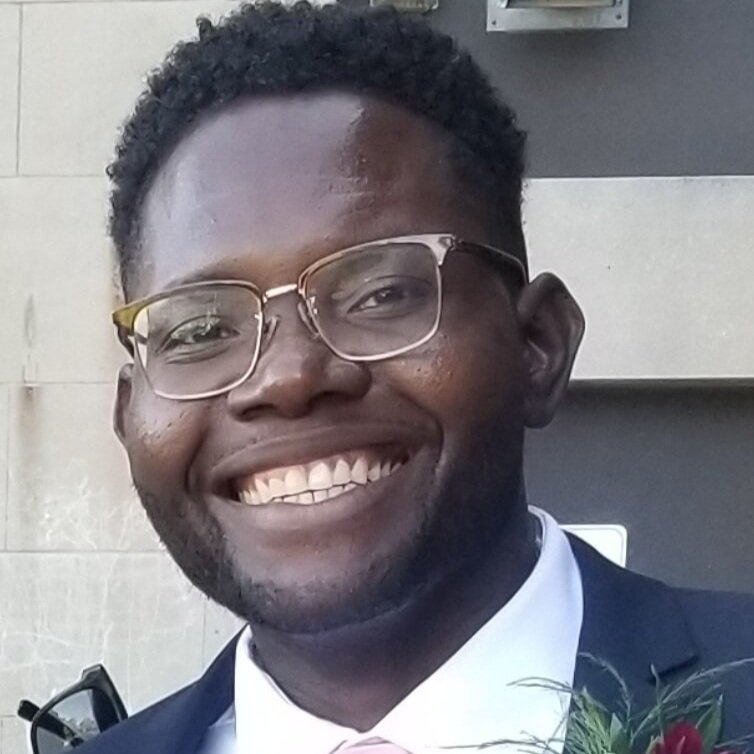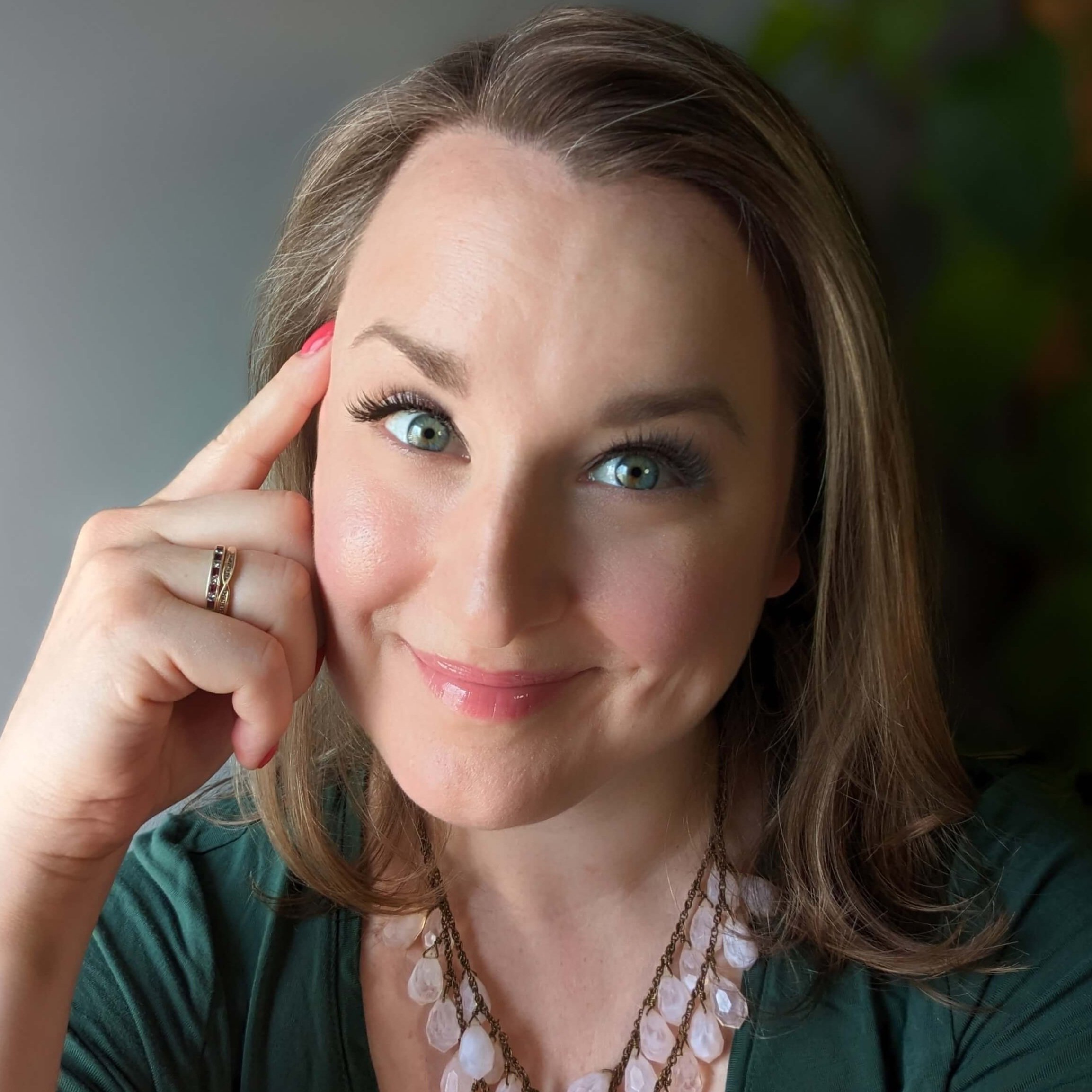What is Anxiety?
Estimated Reading Time: 3 minutes.
by Karey Wilson
Most people experience anxiety to some degree at some point in their lives. In fact, anxiety is within the normal range of human emotions. For, example, worrying you might be late for the bus is not a problem. That is normal and in fact is helpful! What makes anxiety problematic is its severity, and how persistent or pervasive it is. To help determine whether your anxiety is a problem to solve, consider your answer to the following questions.
Does your anxiety:
Constantly prevent you from performing normal day to day tasks?
Often prevent you from obtaining a good night sleep?
Rob you of the ability to concentrate, to relax, or to enjoy the moment?
Inhibit or paralyze your functioning in important relationships?
Stop you from reaching your goals?
If you answered yes to one or more of the above, then you may benefit from at least an initial conversation with someone trained to recognize and treat your anxiety.
What is anxiety exactly? I’m glad you asked. I have spent years studying and treating people who struggle with anxiety. In short, anxiety is an emotional response to a perceived threat. Fear, in contrast, is the emotional response to an actual threat. Anxious thoughts and responses are future-focused: ‘What if I fail this exam?” “What if I have another panic attack today?” “What if I look stupid?” “What if my mother gets into a car accident?” The anxious response to these thoughts, whether we are conscious of that response or not, is something like “I couldn’t handle it.” Which gives rise to the perceived threat. The anxiety one feels is the emotional response to that threat.
At moderate or severe levels, anxiety can manifest as any one of or a combination of the following:
chronic worry,
physical tension,
panic attacks, or
obsessive-compulsive patterns.
Anxious thoughts can manifest in any number of different themes in different people, such as worrying about your health or becoming ill, how one is perceived by others, having another panic attack, or harm coming to oneself or loved one if a compulsion is not completed. Anxiety can result in concentration difficulties, low energy, changes in appetite, and poor sleep. It can result in avoidant behaviour, that is, avoiding situations that trigger the anxious response; or in safety behaviours – a behaviour that in the short term quells the anxiety but in the long term only maintains it. When anxiety is negatively impacting your job, relationships, or your personal quality of life, it has become problematic.
If you are still reading this page, chances are that you have been touched by problematic anxiety in your life. Maybe you have taken your own initiative to find a therapist after realizing you might need professional help. Perhaps your family doctor or someone you love has recommended that you find a therapist to help you manage anxiety.
This is a brief introduction to the topic of anxiety, with the goal helping you start to recognize the symptoms. I am an experienced therapist with expertise treating different kinds of anxiety.
Please contact me to ask a question about anxiety, to book a consultation, or to provide feedback on this article. I would be pleased to help! karey.wilson@advancehealth.ca.
Our Therapists Are Ready to Help
With Video Therapy - You Can Connect No Matter Where You Are!
Our Therapists - Adhere to Canadian Provincial and Territorial Regulations.
We Serve - All Across Canada (except PEI).
Reach Out Now - Our Intake Coordinator will answer your questions and match you with your therapist.














































































